Top 13 English Culture, Customs and Etiquette
Should you remove your shoes when visiting friends? Should you greet those on elevators with a smile? When thinking about the dos and don'ts in your own ... read more...nation, these questions might not seem like the most obvious ones, but things that you might not even consider at home can have a major impact abroad. Here is a list of English Culture, Customs and Etiquette.
-
The UK's fashion trends for apparel are very comparable to those of western societies. At the same time, their daily wearing habits strongly reflect their feelings about the components of their normal clothes.
There are numerous variations across the UK depending on a number of factors. The majority of young people follow the most recent worldwide fashion trends. They wear jeans, t-shirts, jackets, and sneakers as outerwear. Office workers typically use sophisticated business attire. The majority of the elders' wardrobe consists of traditional British attire.
The tweed jacket is a common part of their attire. Despite having a nearly identical shape and appearance to a suit jacket, this jacket is intended to be less formal and keep you warm without the need for matching pants.
The weather is somewhat erratic in the UK. British people opt to dress differently depending on the weather. They typically dress for the weather by donning thick overcoats or anoraks in the winter and raincoats and umbrellas in the summer.In the UK, the same types of clothing are worn everywhere. The kilt, Scotland's well-known national garment, is the country's greatest draw. This style is considered the highlands dress in relation to the Scottish territory where the kilt originated and is a common article of clothing.
As the name suggests, the kilt serves as the main component of this ensemble, which also includes a belt and buckle, Jacobite shirt, kilt hose, and kilt pin. The Scottish national costume has seen several changes over the years as a result of people adding various accessories of their choosing.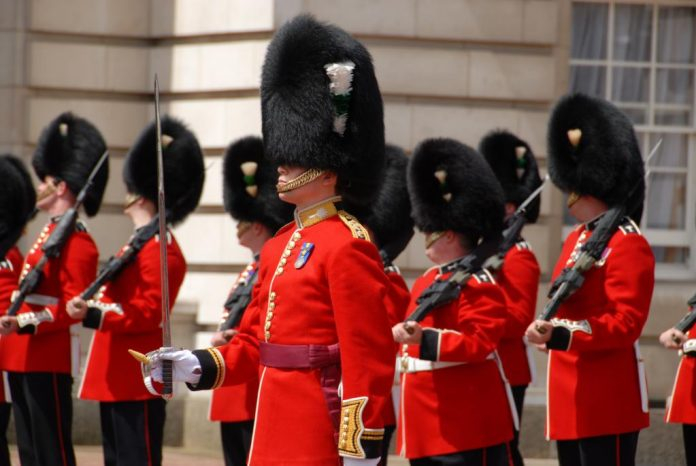
https://www.studying-in-uk.org 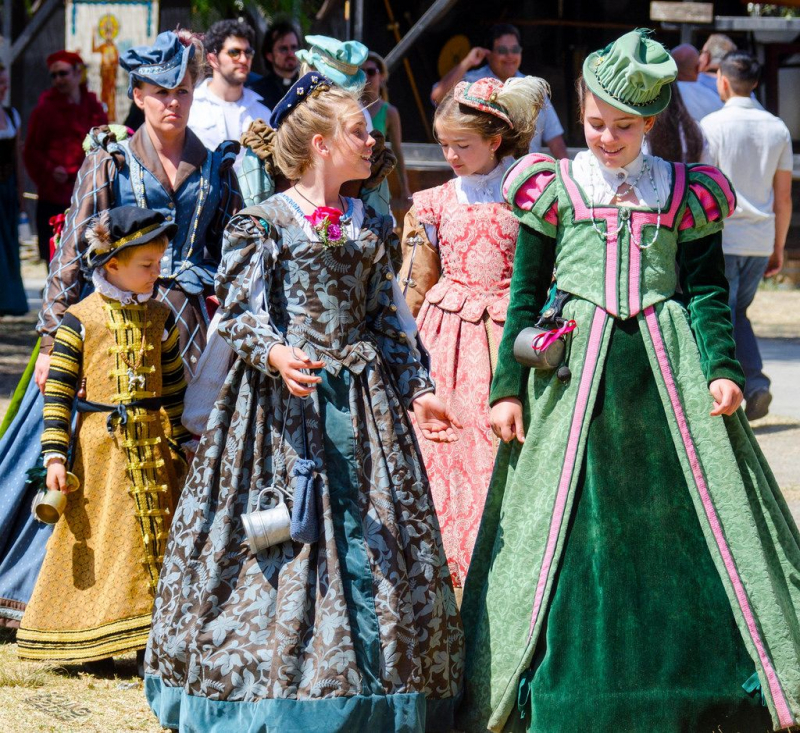
https://www.pinterest.com/ -
Although there are many misconceptions about Brits, in reality they are very happy and enjoy themselves greatly. Unsurprisingly, they produced a number of well-known and unforgettable musicians whose influence profoundly influenced this sector. Additionally, music shows are quite prevalent in the UK. The UK hosts some of the major music festivals.
UK music has a long and illustrious history. British musicians have had a significant impact on both the European and world music histories. British composers made a significant contribution to European musical trends during the Middle Ages. Thomas Tallis, William Byrd, Henry Purcell, Hubert Parry, Edward Elgar, Frederick Delius, Ralph Vaughan Williams, and Benjamin Britten are a few of the best-known British classical composers.
British music is currently among the most developed and influential in the world. The Beatles, arguably the most well-known British band in history, were established in Liverpool in 1960 and are often recognized as the most influential musical ensemble to have ever existed. The UK is home to some of the top musicians working today.
The UK is also where some of the most popular musical subgenres started, and they are now experts in them. Numerous musical genres, including blues-rock, heavy metal, punk rock, hard rock, British folk-rock, folk punk, acid jazz, Britpop, grime, Dubstep, and many more, were either invented by UK performers or heavily influenced by them.
https://ofa.guru/ 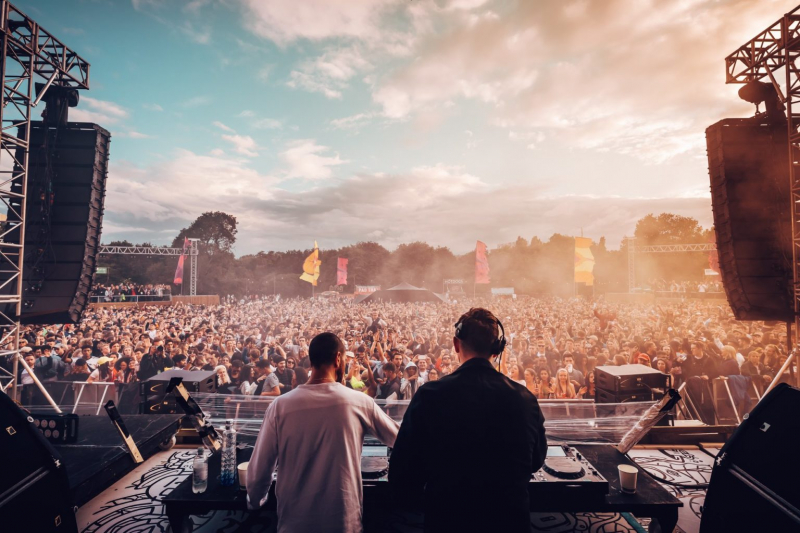
https://ofa.guru/ -
Due to its distinct styles and shapes, British architecture is exceptional. Their architectural design reflects distinctive characteristics from several historical eras, including the Roman conquest in the fifth century, the Dark Ages, and the Renaissance, whose influence may still be seen in British architectural legacy.
There are castles, monuments, and other architectural structures all around the nation, and many of them have been converted into tourist destinations in recent years. The most recent style in modern architecture blends seamlessly with these items.
British architecture is outstanding because of its distinctive forms and shapes. Their peculiar architectural style reflects traits from several historical periods, such as the fifth-century Roman conquest, the Middle Ages, and the Renaissance, whose impact may still be felt in the legacy of British architecture.
There are castles, monuments, and other architectural buildings all around the country, and many of them have recently been transformed into tourist attractions. These elements effortlessly meld with the newest architectural design.There are still a handful of stone castles from the protracted Scottish Independence War in the fourteenth century on both sides of the Anglo-Scottish border. Later engineering advancements during the Renaissance led to the emergence of numerous new architectural styles.
Old castles in the UK also contribute to the country's architectural heritage. Windsor Castle, Edinburgh Castle, Leeds Castle, Alnwick Castle, Cardiff Castle, Bodiam Castle, Stirling Castle, Caernarfon Castle, Warwick Castle, Bamburgh Castle, and others are among the most stunning and popular tourist destinations.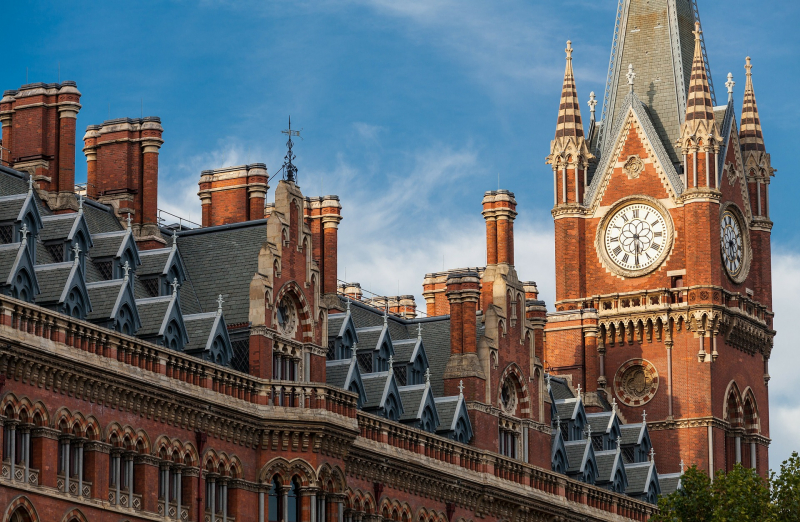
https://www.guidelondon.org.uk/ 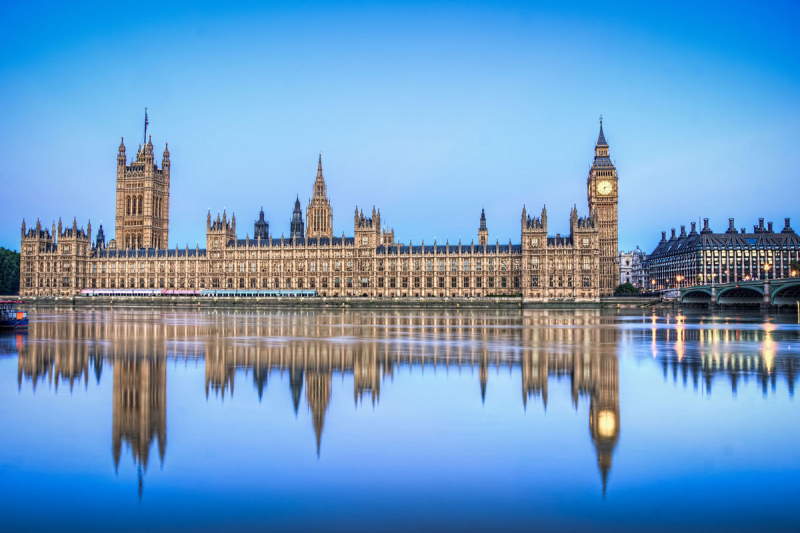
https://www.archdaily.com -
In the UK, sport is a significant part of British culture. The Home Nations, composed of England, Scotland, Wales, and Ireland, established some of the first independent regulatory bodies, national teams, and domestic league competitions throughout the early years of various sports. While certain sports continued to be organized on an all-Ireland basis after 1922, others founded distinct associations for Northern Ireland.
These teams are complemented in a select few sports by high-profile competitions that include a combined team representing one or more nations. The British people love to play sports. Football, or soccer as Americans refer to it, is undoubtedly the nation's favorite sport. Normal expectations would be for this given that modern football originated in the UK.Rugby is the second-most popular sport among Brits. This sport was once only played by the wealthy, but it subsequently gained general popularity. There are currently two rugby leagues in the UK.
Swimming, cricket, tennis, boxing, and other sports are also popular in Britain. Did you know that, contrary to popular belief, the game of tennis was really developed in the United Kingdom?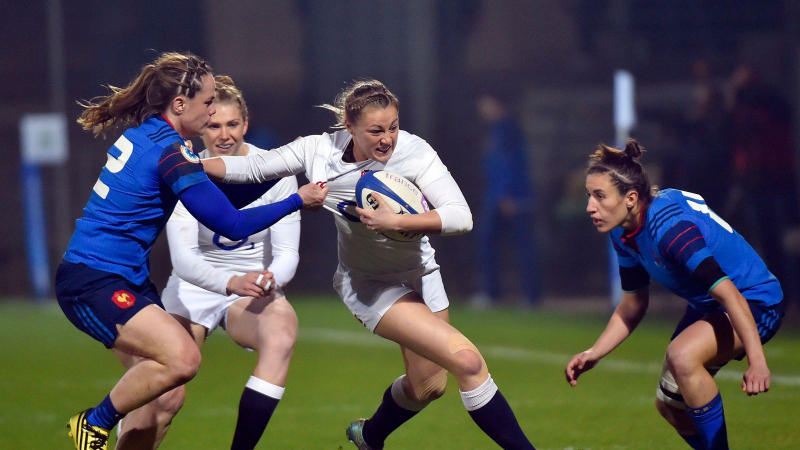
https://www.skysports.com 
https://www.listsworld.com/ -
British history and culture place a high value on the arts. Unreplaceable works of art were produced by numerous British artists, and their appeal inspired many other artists throughout the world. People can trace the evolution of British art all the way back to prehistoric times. The oldest British artwork that we are aware of is unquestionably Stonehenge, which was constructed in 2600 BC. The UK is still influenced by Roman conquest and earlier historical eras. Old churches and cathedrals still include the same sculpture and illuminated manuscript from when they were first erected many years ago.
The UK has consistently produced some of the finest artists in art history. Artists who would follow in the footsteps of William Blake, J.M.W. Turner, John Constable, Samuel Palmer, and others had a firm foundation.
Numerous outstanding British artists were active before the 18th century, with Hans Holbein, Anthony van Dyck, Niccolas Hilliard, Robert Peake, William Larkin, William Dobson, and John Michael Wright serving as the best examples.
The art developments that occurred in the UK throughout the second half of the 18th century contributed to the growth of renowned artists including Sir Joshua Reynolds, George Stubbs, Thomas Gainsborough, and Joseph Wright of Derby.In the 19th century, often known as the Romantic period, artists like Joseph Wright, James Wright, Samuel Palmer, Richard Parkes Bonnington, and others were among the best. Artists like John Singer Sargent, Jack Butler Yeats, Sir Jacob Epstein, David Bomberg, Lawrence Atkinson, Dora Carrington, and others rose to the top of the UK's artistic hierarchy during the 20th century.
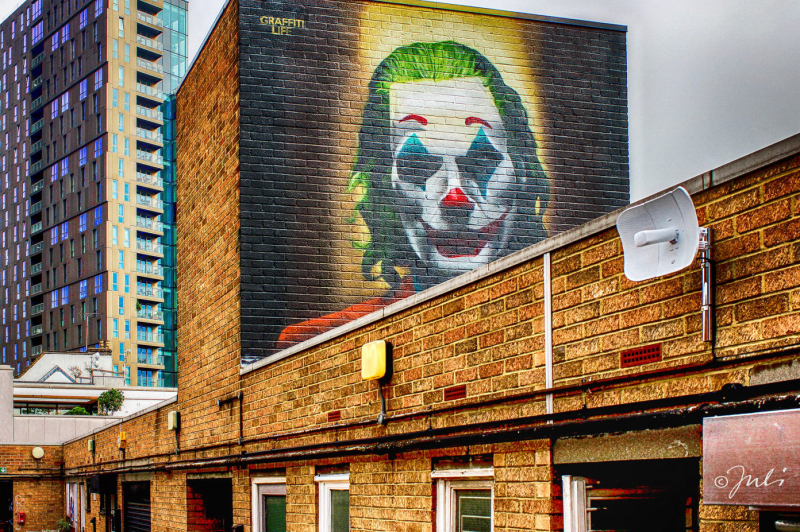
https://streetartutopia.com 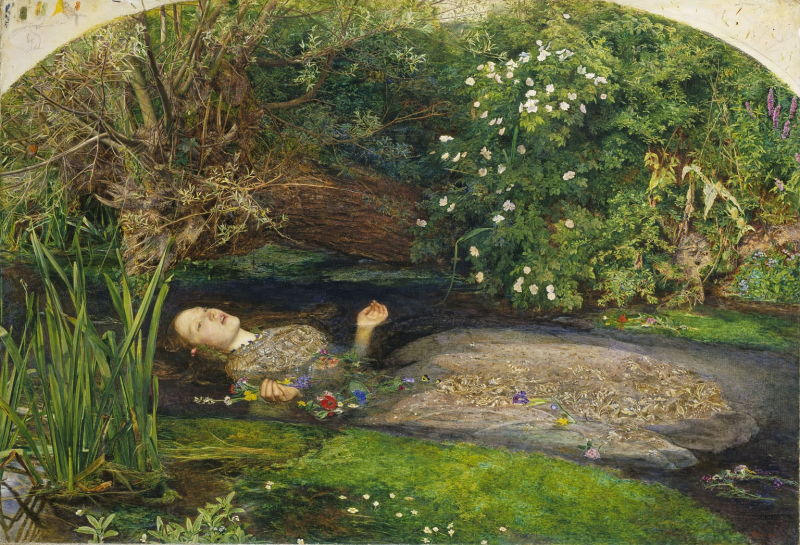
https://www.artfund.org/ -
The official language and most common language used in the UK is English, as you may have guessed. About 98% of the nation's nearly 65 million residents who call it home are native English speakers. However, other regional languages that have developed throughout UK history are also widely spoken today. In the UK, three other languages are recognized as official first languages:
- Scottish in Wales
- Scots and Gaelic in Scotland
- Ulster Scots and Irish in Northern Ireland
- English Cornish in Cornwall
Keep in mind that there are regional accents and dialects for each of these languages in the UK. Consequently, the UK has a sizable amount of linguistic diversity. These languages are less widely spoken than English. Some of them may even be in danger of going extinct entirely. For instance, the bulk of the native population in Wales spoke Welsh long ago, but current estimates indicate that only 20% of the country's population now does. Additionally, their numbers are steadily decreasing. Numerous laws have been passed in the past with the goal of preserving and promoting this language.
Scottish, a Celtic language, is primarily spoken in the nation's north. Scottish is the second most spoken language in the UK, with an estimated 1.5 million speakers. Some contend that the Scottish language is simply a dialect of English, despite being treated as a separate language from English.Another language spoken by a much smaller population in the UK, primarily in England, is Cornish. It is a member of the British language family's Celtic branch. There are about 3,000 fluent speakers of Cornish, according to various studies. This language is thought to have formerly been a component of Welsh before beginning to distinguish itself over time. Today, there are very slight parallels between it and Welsh.
The UK has long been a major center for immigration since it is a powerful political and economic nation. People who go to the UK to live continue to speak to one another in their home tongue. As a result, numerous additional languages are spoken by various smaller minorities in the UK. For instance, it is estimated that 300 different languages are spoken in London.
https://bnu.edu.iq/ 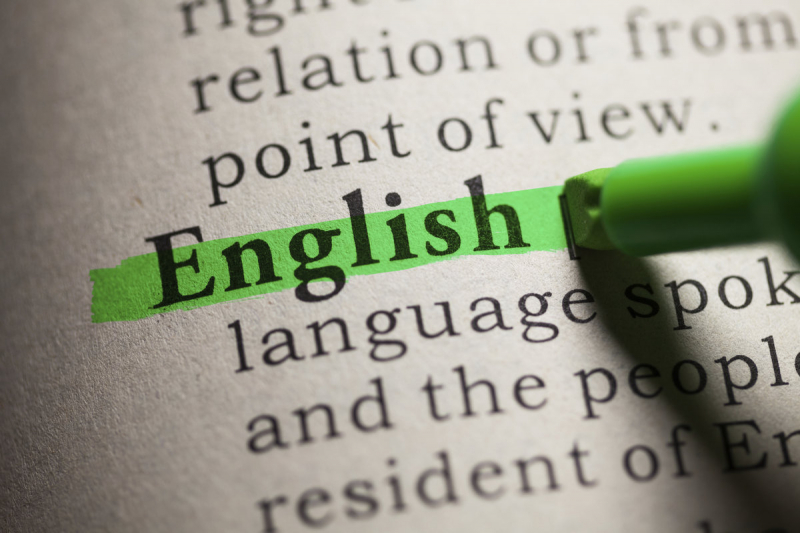
https://www.teachingenglish.org.uk - Scottish in Wales
-
More recently, Britain has moved away from its rigid class system, and as a result, a more informal attitude toward social etiquette has emerged. This is due to an increase in multiculturalism, a changing economy, and the implementation of social and gender-specific equality laws. With a shift in emphasis from the social or domestic environment to an emphasis on business etiquette and protocol, Britain has, like the rest of the globe, been influenced by the significance of corporate etiquette today.
Since the entire idea of etiquette is based on culture, it is crucial for businesses looking to expand globally to be mindful that what one society views as polite behavior may be offensive to another. For example, in Britain and North America, the "okay" gesture, which is made by circling the thumb and forefinger while holding the other fingers straight, is recognized as a way to inquire about or confirm that someone is healthy or safe. However, this gesture is considered offensive in several regions of southern Europe and South America.
As a result, business etiquette has evolved into a collection of written and unwritten guidelines for behavior that facilitate smoother social interactions, whether they be with coworkers or external or foreign peers.
Indeed, the growth of social media and online commerce has led to the emergence of an international "online society," which calls for its own set of standards of behavior known as Netiquette or network etiquette. As the internet continues to develop, these guidelines for the protocol for communications like email, forums, and blogs are continually being revised. In light of this, it may be argued that etiquette is just as important in today's global society as it has always been, even though the conventionally acceptable behaviors of the past may not have the same impact they once had.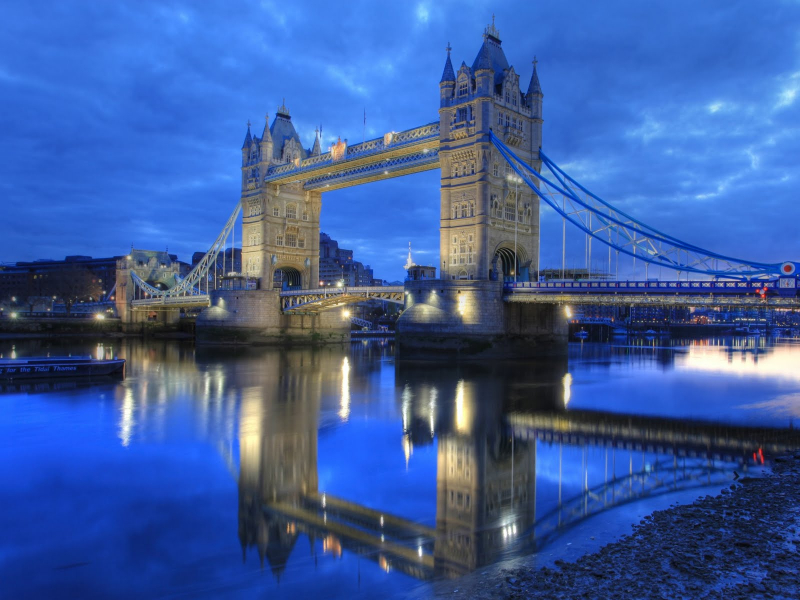
http://wallpaperspictureslovers.blogspot.com/ 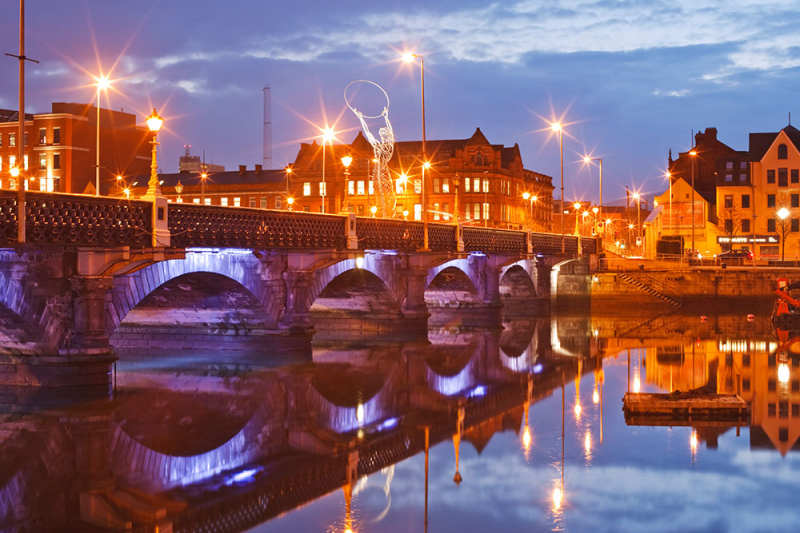
http://www.davidtaylorphotography.co.uk/ -
Every civilization has been defined throughout history by the idea of etiquette and proper social behavior. But traditionally, it has been the British, and the English in particular, who have been known to place a high value on manners. Politeness is important in many situations, including speaking, being on time, using body language, and dining.
The rules of British etiquette demand politeness at all times, therefore it is mandatory to form a line at a shop or for public transportation, to apologise when someone is in your way, and to express gratitude for any services received.
There is some truth to the reserved reputation of the British. Overly familiar behavior or personal space is strictly forbidden! A handshake is usually preferred over a hug when meeting someone for the first time, and a cheek kiss is only given to close friends. It's also improper to inquire about a person's age, weight, or relationship status (especially when the subject is a more "mature" woman).
The emphasis on punctuality is typically one of the best examples of British etiquette. It is impolite to be late for a business meeting, doctor's appointment, or a formal social event like a wedding. In order to respect your host, it is advised to come 5–10 minutes early to appear professional, organized, and unfazed. On the other hand, if the host is still finishing up preparations, arriving too early to a dinner party could also come across as bit impolite and destroy the mood for the evening. For the same reason, unexpected house calls are generally discouraged due to the possibility of upsetting the homeowner.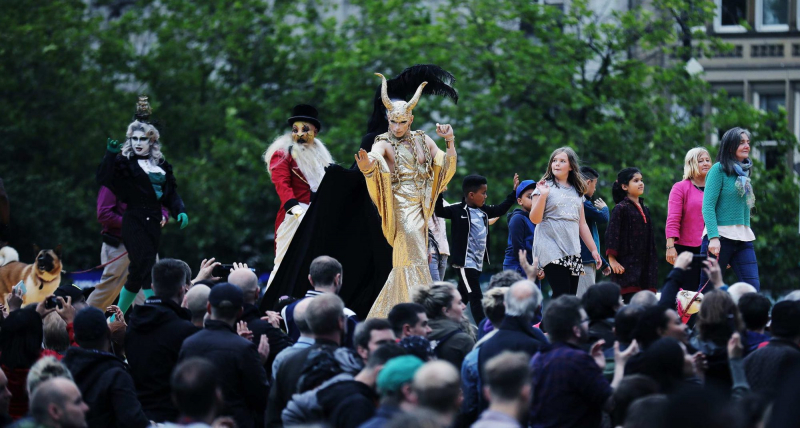
https://capx.co/ 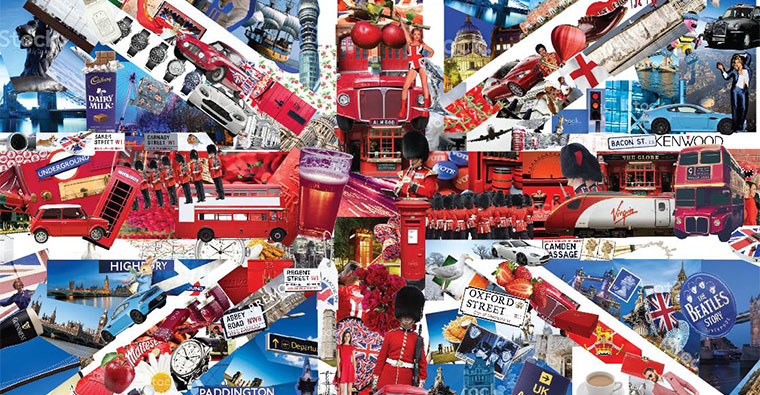
https://unitynewsnetwork.co.uk/ -
The Church of England, a Christian Protestant denomination, is the only recognized state-sanctioned religion in the United Kingdom. Less than half of the population now attends church services or professes a belief in God, reflecting a significant decline in the role of the church in Britain since the middle of the twentieth century.
A third of the population, on average, is thought to be agnostic. Ten percent of people in the UK identify as Roman Catholics, compared to thirty percent who belong to the official Church of England. Outside of Protestantism and Catholicism, those who identify as Christians accept the Presbyterian, Baptist, and Methodist Protestant churches. Islam, Hinduism, Sikhism, Judaism, and Buddhism are minorities in the UK, where Christianity predominates.
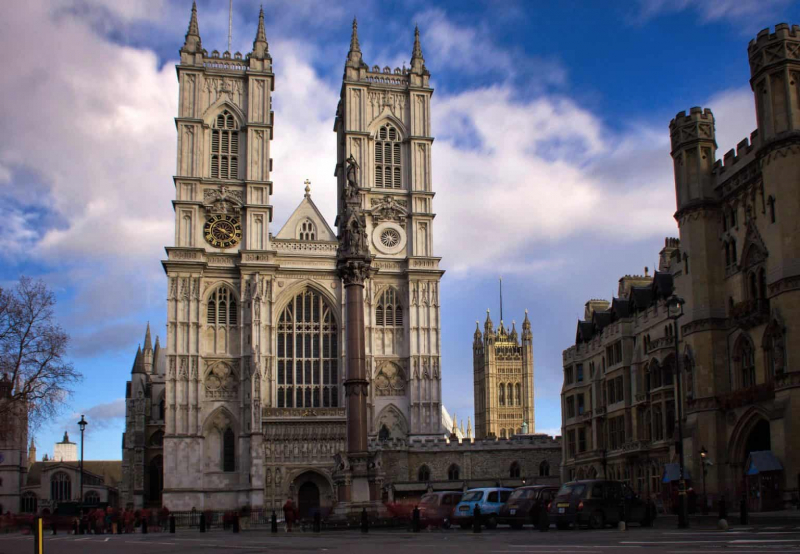
https://religionmediacentre.org.uk 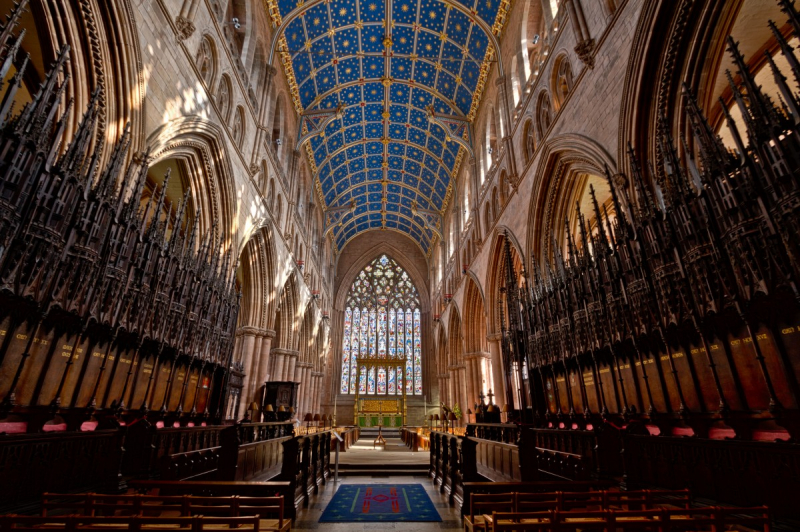
https://pxhere.com -
In the past, there has been a class system in place in the UK, with the "Upper Class" and "Aristocracy" at the top of the food chain. These are members of the upper class of nobility who have inherited riches, privilege, and titles.
The "middle class" and the "working class" are the two strata after that. The working classes have historically identified themselves as being hardworking, lacking in social privilege, and sprung from a family that relied on unskilled labor. The working classes have not typically had easy access to higher education.
Middle-class people are typically thought of as "white collar" employees who live in privately owned suburban homes and have access to higher education. The distribution of wealth is leveling out, and upward mobility is becoming more and more possible, as a result of the increased availability to higher education and economic prospects for people from different origins in recent decades.
As a result, although there is still a sizable elite and privileged class in Britain, the middle class and the working class have become increasingly homogeneous.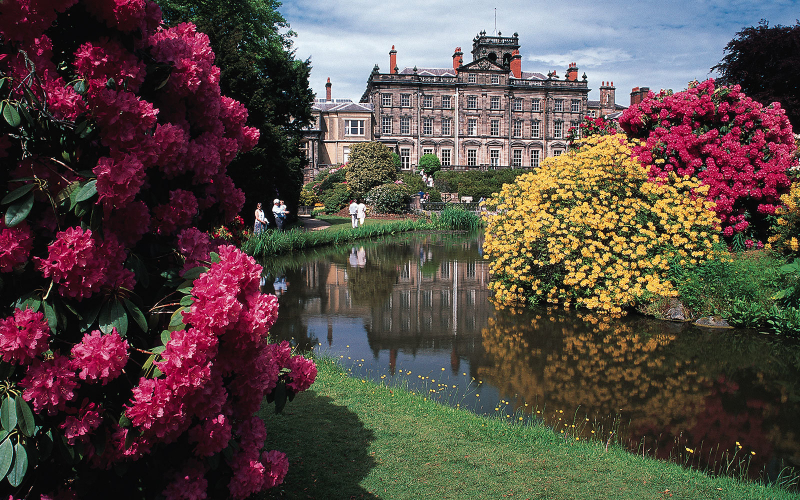
http://www.travelandleisure.com 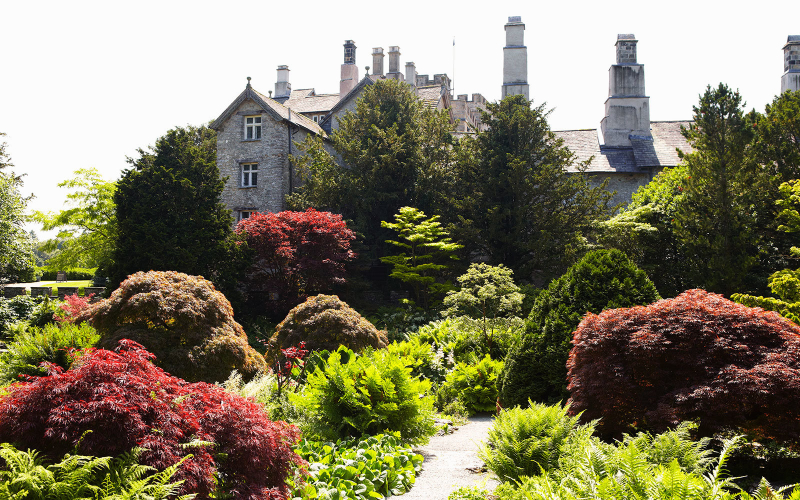
http://www.travelandleisure.com -
Through the ages, the British have always valued social contact centered on popular culture.
Music, drama, comedy, and other forms of entertainment have always been popular in the theaters.
The Music Hall, which featured everything from singing to acrobatics, was the basis of entertainment during the 19th century.Both the movies and the numerous social clubs spread out across the nation enjoy huge popularity. Additionally, music has been a pioneer in exports and plays a significant part in popular culture.
The Beatles, the Rolling Stones, Adele, and numerous other international performers are from the UK.Through the ages, singing and dancing have always been the main forms of social interaction among remote tribes. The Scottish and Irish Ceilidh is a customary social event that includes dancing and Gaelic folk music, either in a home or a bigger location. The Welsh Men's Choir is well-known throughout the world, and Welsh people are famed for their singing voices.
The history of UK culture has also placed a strong emphasis on the arts and literature. Britain is famed for its history of authors like Virginia Woolf, TS Eliot, Agatha Christie, and Jane Austen, and there are many art galleries spread out over the nation.
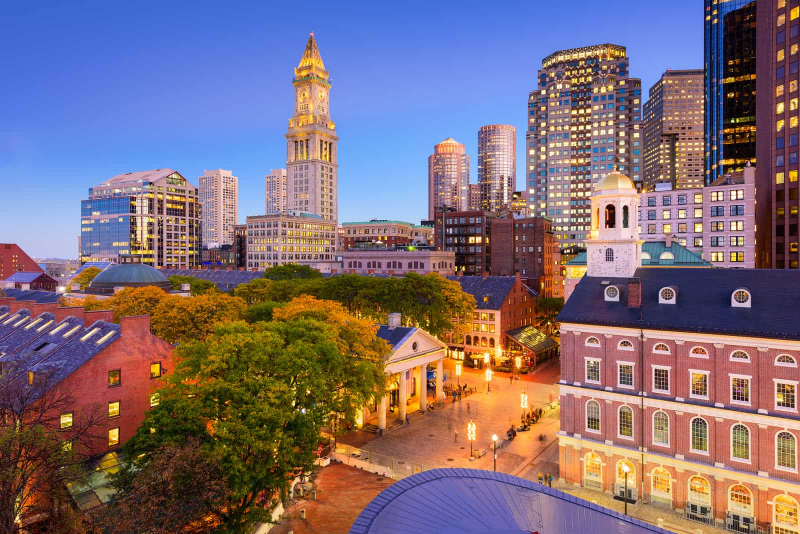
https://newenglandwithlove.com/ 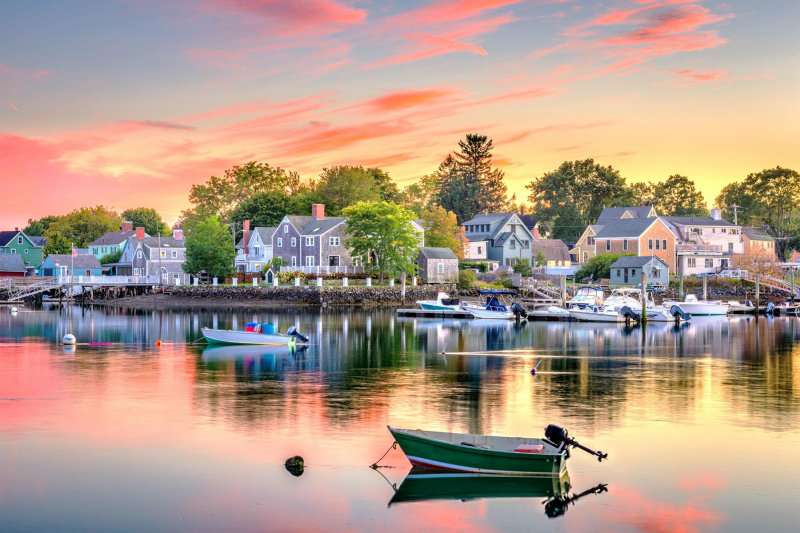
https://www.fodors.com -
The communication techniques of the British are an unusual blend of directness and understatement.
Many older businesses or members of the "upper class" place a strong emphasis on the formal application of accepted procedure.The majority of Britons are experts at understatement and avoid using flowery words. If anything, they have a noticeable propensity to utilize "qualifiers" like "maybe," "maybe," or "it could be." The British are forthright but humble when speaking with individuals they regard as being on an equal footing with them in terms of position or class. Although they will still be guarded, their communication style may be more relaxed when speaking with someone they know well.
Strict etiquette is followed when communicating in writing. Depending on the writer's level of familiarity with the recipient, there are various ways to end a letter. In written correspondence, the recipient is always addressed by first name and last name. In written communication, first names are typically avoided unless you are conversant with the recipient well.
Even though email is now considerably more common, the communication approach is still initially more formal than in many other nations. The majority of Britons avoid using slang and acronyms, and they will be offended if your communication seems overly familiar.

https://perfectcuppaenglish.co.uk 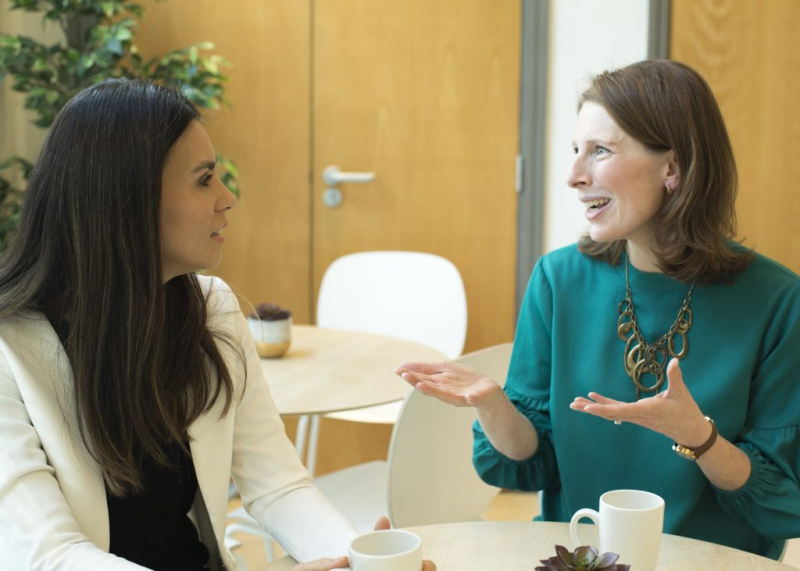
https://perfectcuppaenglish.co.uk/ -
Continental table manners dictate that the fork should be held in the left hand when eating and the knife in the right. Food is scooped onto the back of the fork while the fork is held with its tines down. The development of this talent requires time. Until you are requested to sit down, keep standing. You might be directed to a certain seat.
Avoid leaning your elbows against the table. Cross your knife and fork on your plate, the fork going over the knife, if you haven't completed eating. Laying your knife and fork together at 6.30 on the clock signifies that you are done eating. At formal meals, toasts are made. The host will raise a glass (often of wine, though a soft drink is allowed) and invite the guests to remember a person or an occasion. The toast is then repeated, and the guests lift their glasses before taking a sip.
It's customary to buy a round of drinks for your entire group while you're in a pub. In most cases, the individual who extends the invitation pays for the lunch if it is at a restaurant. It's critical to be on time. Don't dispute about the cheque; just give it back later. If you are in a restaurant, don't wave your hand or yell for a server.
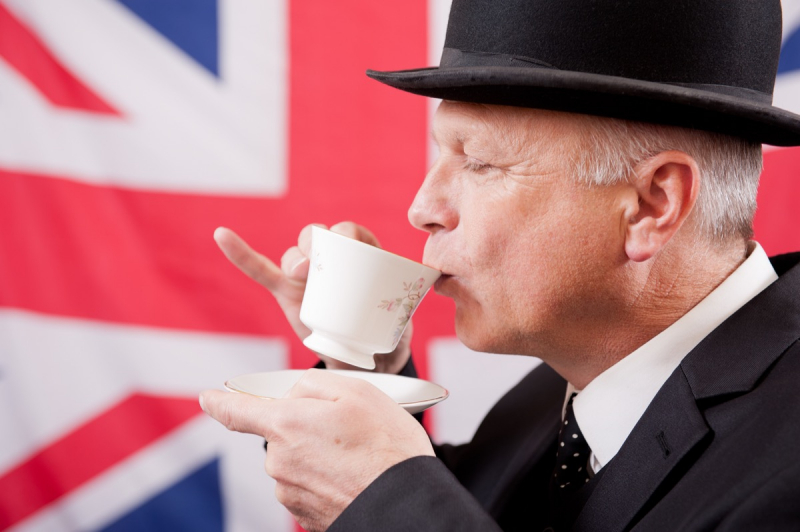
https://beyondexperience.show 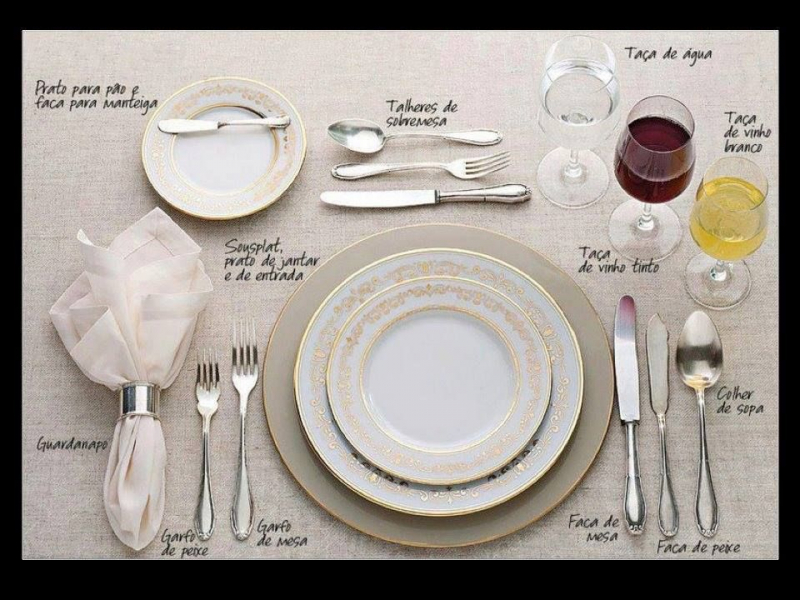
https://www.pinterest.com/


































